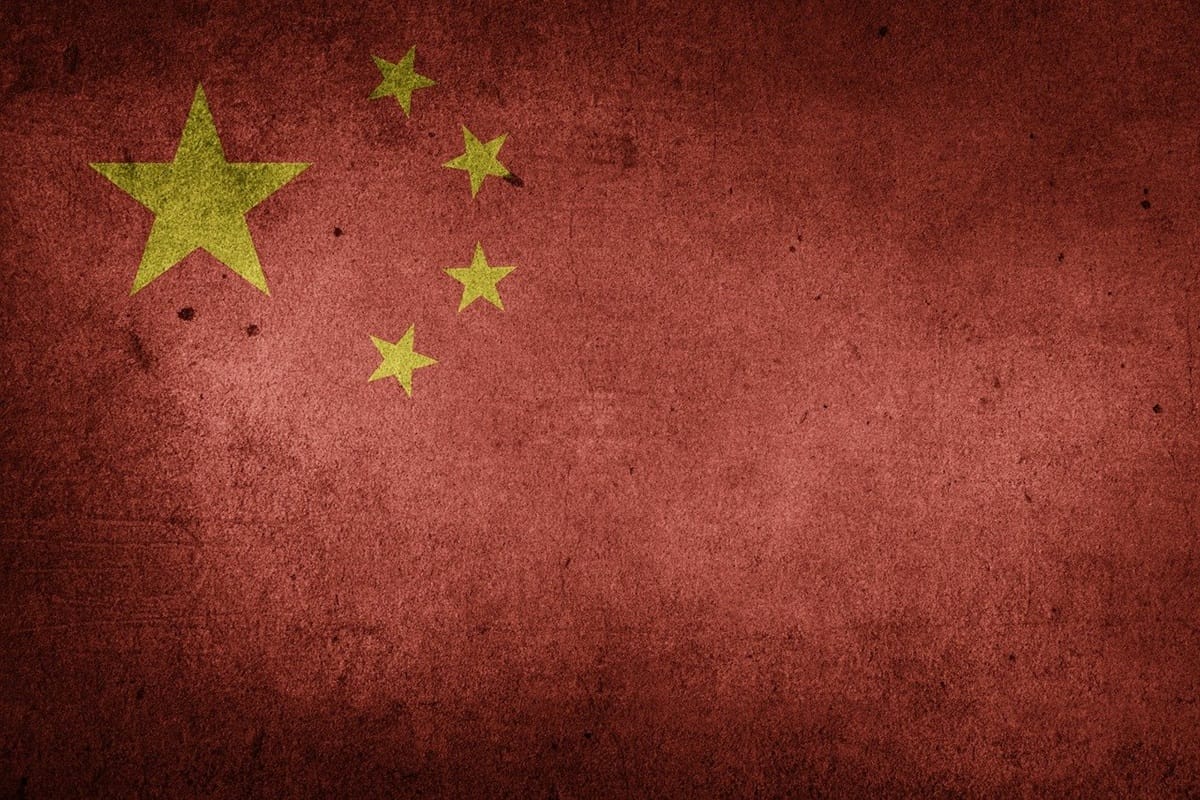The surge in interest in China’s ultra-long-term special government bonds, which are extremely rarely offered, has become evidence that investors are interested in the so-called safe-haven assets since they need at least some guarantees and some protection during a period of significant economic instability.

At the same time, in the mentioned Asian country, municipal authorities intend to receive a portion of what is actually only a minor opportunity that will be used to finance projects to stimulate China’s economic system. It is worth noting that local municipalities are currently facing such a very sensitive problem as the growth of debt pressure.
Special long-term treasury bonds proved to be overly in demand. In this case, it means part of the planned issue of the mentioned bonds for 1 trillion yuan ($138 billion ) for the current year. This is confirmed by the fact that when the first batch of 30-year debt securities began trading last week, their value increased by more than 20%. Against the background of significant hype, the operation of the Shanghai and Shenzhen stock exchanges was suspended.
Trading in special ultra-long treasury bonds started after Beijing introduced new measures to support the real estate sector. The People’s Bank of China has facilitated 1 trillion yuan in additional financing and eased mortgage lending rules. Municipal authorities were asked to purchase unsold houses from developers and transform these facilities into affordable housing.
There is an opinion circulating in the analytical environment that the acceleration of government bond issuance may help stabilize credit growth, which slowed sharply in April.
It is worth noting that for the Chinese Ministry of Finance, the sale of ultra-long treasury bonds is what can be described as a familiar practice. The relevant solutions were implemented in 1998, 2007, and 2020. A distinctive feature of the current sale of the mentioned bonds is that the proceeds of 1 trillion yuan will be divided equally between the central government and municipal authorities. The regional authorities are interested in receiving 500 billion yuan for the implementation of various projects.
Chinese Premier Li Qiang said that the specified bonds will contribute to the modernization of the Asian country and high-quality development. He also noted that the exact use of the funds has yet to be confirmed.
It is also known that the entire amount of 1 trillion yuan will be off-budgetary. This means that the subsequent issuance of these funds will lead to an overall increase in the official government debt, but at the same time will not change the indicator of the official fiscal deficit. Beijing has set the ratio of fiscal deficit to gross domestic product (GDP) at 3% for 2024. From 2023, the government deficit has increased by 180 billion yuan.
Former Chinese Finance Minister Lou Jiwei raised concerns about the transparency of special bonds during a speech at the China Europe International Business School in March. In the context of this point of view, it was noted that the incorporation of an additional deficit of 1 trillion yuan in the government budget would enhance the transparency of the use of funds. Lou Jiwei also underlined that classifying these expenditures into the category of special treasury bonds makes it make it challenging to specify the exact use of the funds.
The state of affairs, which combines a low level of interest rates and a prolonged downturn in the real estate market, has caused some investors, including small Chinese banks, to buy long-term bonds, ignoring the duration risks. Against this background, the yield of the mentioned debt securities has fallen to a record low in recent months. According to media reports, referring to anonymous interlocutors from the banking environment, institutional investors get more than 2.5% per annum on a sovereign credit, which is a good indicator.
The journalists also released insider information according to which the Chinese Ministry of Finance will sell 20-year bonds worth 300 billion yuan, 30-year bonds worth 600 billion yuan, and 50-year bonds worth 100 billion yuan.
Li Chao, a spokeswoman with China’s top economic planner, the National Development and Reform Commission, said during a regular press briefing on Monday, May 27 that the NDRC is working with municipal authorities and ministries to sort out and prepare projects for special bonds.
Pan Yigang, vice-president of the Zhejiang Development and Planning Institute, a governmental think tank, wrote an article in May in which it was noted that mentioned bonds provide regional authorities with the opportunity to invest in projects which implementation usually faces the problem of lack of funds.
As we have reported earlier, China’s Capital Outflow Demonstrates Growth.









